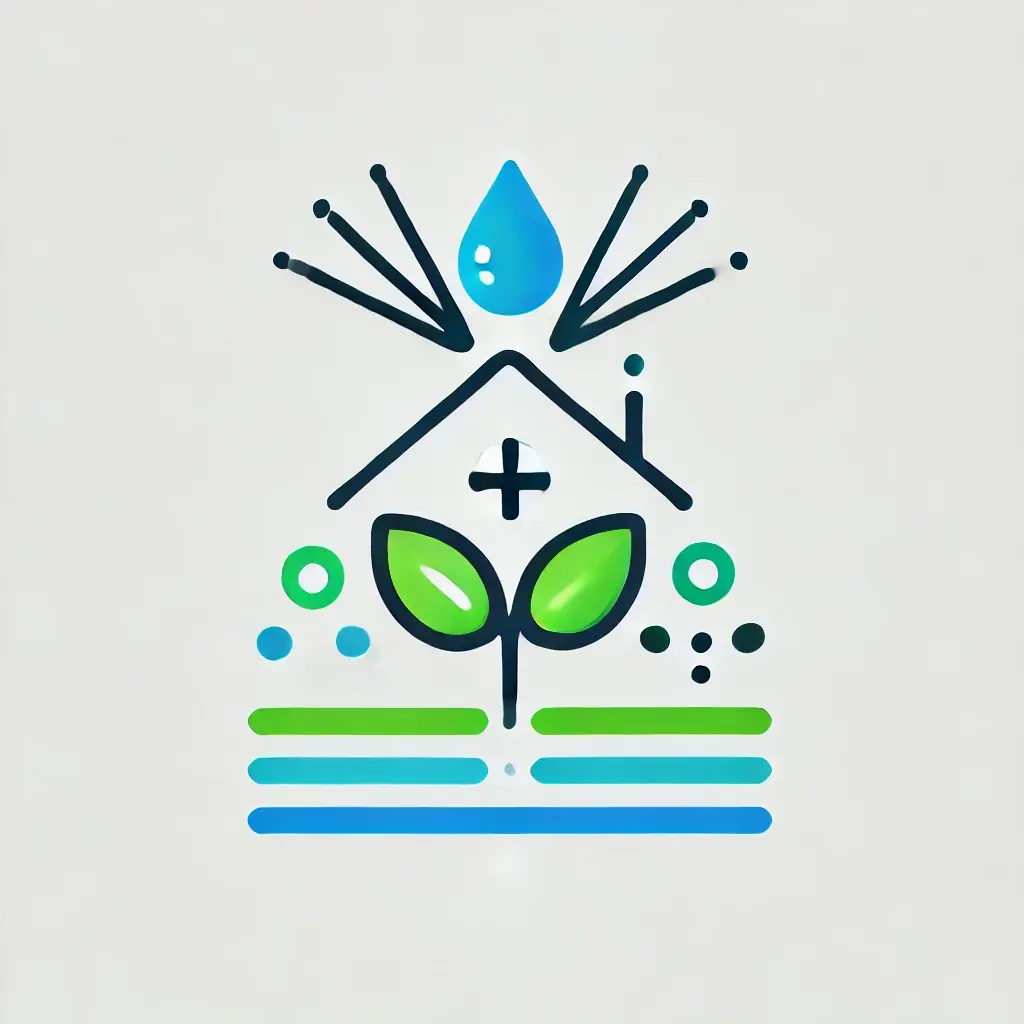Automated irrigation systems are revolutionizing garden and landscape management by leveraging artificial intelligence (AI) to optimize water usage and plant health[1][2]. These systems utilize smart irrigation controllers and soil moisture sensors to precisely control and schedule watering based on real-time weather conditions and soil moisture levels[1][4].
AI-Powered Smart Controllers
At the heart of automated irrigation systems are AI-powered smart controllers. These devices use predictive analytics to forecast weather patterns and irrigation requirements accurately[1]. By analyzing historical weather data and current conditions, the controllers can adjust watering schedules dynamically, ensuring plants receive the right amount of water at the right time[2].
Soil Moisture Sensing
Soil moisture sensors are crucial components of automated irrigation systems. These sensors are embedded in the ground at various depths to continuously monitor soil moisture levels[1]. The data collected by these sensors enables the irrigation system to water plants only when necessary, reducing water waste and improving plant health[1][2].
Weather Integration
Smart irrigation systems integrate local weather data to make informed watering decisions[1][4]. By considering factors such as rainfall, temperature, and humidity, the system can automatically skip scheduled watering cycles during rainy periods or increase watering during hot, dry spells[2].
Remote Monitoring and Control
AI-based automated irrigation systems offer remote monitoring and control capabilities through mobile apps or web interfaces[1][2]. This feature allows gardeners and property owners to manage irrigation processes, receive alerts, and adjust settings from anywhere, providing convenience and flexibility[1].
Benefits of Automated Irrigation
The implementation of AI in irrigation systems offers numerous benefits:
- Water conservation: Smart systems can reduce water usage by up to 25%[2]
- Improved plant health: Precise watering based on actual needs promotes healthier growth[1]
- Time and labor savings: Automation reduces the need for manual intervention[2]
- Cost reduction: Efficient water use and reduced labor lead to lower operational costs[2]
As climate change and water scarcity become increasingly pressing issues, automated irrigation systems powered by AI offer a sustainable solution for maintaining healthy landscapes while conserving valuable water resources[1][2].
Further Reading
1. The Role of Artificial Intelligence (AI) in Smart Irrigation Systems – DripWorks
2. AI Driven Irrigation Planning Maximizing Crop Yields and Water Efficiency
3. AIDSII: An AI-based digital system for intelligent irrigation – ScienceDirect
4. Exploring the Latest Trends in Smart Irrigation Technology | Blog | OptConnect
5. How AI Can Solve Agriculture’s Water Management Issues


